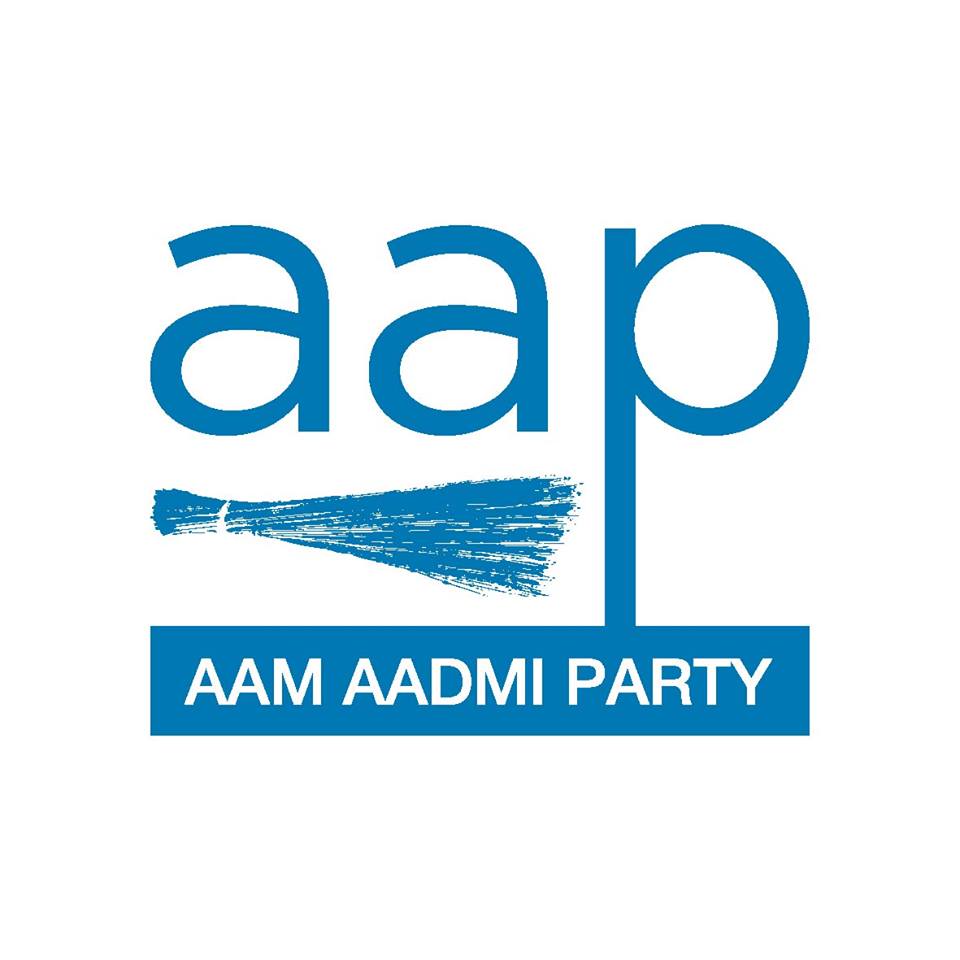NEW DELHI
In a bid to rescue the rapidly growing online gaming industry from the heavy burden of taxes, Finance Minister Atishi today announced her plan to demand the withdrawal of tax notices worth ₹1.5 lakh crore, issued by the Central Govt to the online gaming industry, at the 52nd GST Council meeting. The Finance Minister shared this announcement through a digital press conference on Saturday morning. She stated that the weight of hefty taxes could break the back of the online gaming sector, which is one of the fastest-growing sectors in the startup industry.

The imposition of excessive tax liabilities, coupled with the new GST rates at 28%, will not only adversely affect the online gaming industry but will also discourage investors from investing in Indian startups, ultimately harming the entire startup ecosystem. “While the central government talks about promoting startups, the GST Council seems hellbent on burdening the emerging online gaming industry with excessive taxes.”
Atishi revealed that the current valuation of the online gaming industry in the country stands at 23,000 crore rupees. Subjecting it to a tax rate of 28% would be detrimental to the industry. These unstable tax conditions will not only harm the online gaming industry but also severely impact the entire startup and entrepreneurship sector. Many companies will be on the verge of closure, leading to unemployment for over 50,000 young programmers and web developers who work in this sector. 40 crore users will be impacted by such an erratic tax decision.
Finance Minister Atishi emphasized that startups and entrepreneurs have played a vital role in India’s economic growth, creating numerous job opportunities. However, it is disheartening that while the government talks about boosting startups and entrepreneurship through policies like “Startup India,” the GST Council is making decisions that could potentially destroy the most rapidly emerging sector of our startup ecosystem.

She pointed out that the online gaming sector is currently the largest and fastest-growing sector in the startup industry, with more than 50,000 people working in it. Foreign investors have poured in investments exceeding 17,000 crore rupees into this sector. Over 400 million people across the country engage in gaming platforms for entertainment, playing games like Ludo, Chess, and Carrom. This sector is considered the “sunrise sector” of the Indian startup ecosystem.
However, during its 50th meeting, the GST Council decided to impose a 28% GST on the online gaming sector, which is the highest GST tax bracket. Delhi dissented against this decision, arguing that the online sector is not a luxury; it is different from activities like betting, gambling, and horse racing that involve only a small, wealthy section of the population. Online gamers are primarily from Tier-2 and Tier-3 cities, enjoying casual games for entertainment.
Atishi argued that imposing a 28% tax on this industry would have severe consequences. Excessive taxation on legal online gaming would encourage illegal activities and drive many startups out of business. However, the GST Council went ahead with this decision. The only silver lining is that the Council has committed to reviewing the 28% tax within six months, and if a decline in industry growth is observed, they will reconsider the taxation.

She revealed that the 28% tax on the online gaming industry was set to take effect from October 1st. However, even before that, the DGIs of the GST Council had sent tax notices totaling ₹1.5 lakh crore to the entire online gaming industry over the past six years.
The Finance Minister stressed that “subjecting an industry with a current valuation of 23,000 crore rupees to taxes equal to 6x its total value, i.e., ₹1.5 lakh crore, would lead to the industry’s downfall. No company would be able to pay taxes equal to its total worth.”
She substantiated further by saying “For example, a company with a valuation of 19,000 crore rupees received a tax liability notice of 10,000 crore rupees by the Central Govt, making it clear that the company cannot afford such taxes. The result would be that these companies would fail to pay taxes and eventually shut down. If these companies collapse, more than 50,000 young programmers and web developers who work for them will become unemployed, and the power to provide future jobs in this entire sector will be lost completely.”

The Finance Minister emphasized that if young startups are scared away from the industry – India’s next Flipkart, Zomato, or Paytm might never emerge under such an unstable tax regime. Therefore, it is essential to demand the withdrawal of these tax notices that could spell doom for the online gaming industry. She concluded by stating, “Delhi will raise this demand to revoke these notices in the GST Council meeting today, t

